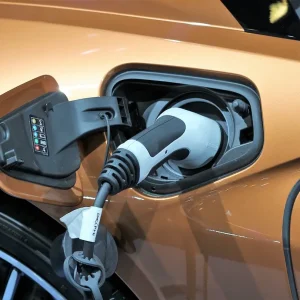If the sports correspondent on Wednesday’s Today programme had not told his audience that he was broadcasting from the under-stairs cupboard at his home, we’d never have known he was one of the many thousands of snowed-in workers around the country.
It goes to show what one can do with a laptop and a fast broadband connection. Providing, of course, that you have the kind of job that can be done from almost any location.
For those whose occupations are more hand-on, severe weather means a choice of trying to battle through on the roads or taking an enforced day off work.
And it looks as if many workers will have to make that call more than once this winter. The severity of our winters, some meteorologists say, is linked to a massive atmospheric pressure system known as the Arctic Oscillation, or AO. When this oscillation is in its ‘negative’ phase, polar weather conditions are pushed further south than normal. This year, the system is at a negative level not seen since the famously cold winter of 1962-3.
If the so-called El Nino or La Nina weather events in the southern hemisphere also conspire with the AO by pushing wet, stormy weather across the Atlantic towards Europe, you have the perfect recipe for unusually high snowfalls across Britain.
|
“When men were asleep the snow came flying, |
Not that we always need particularly deep snow in order to experience major disruption on the roads. Thousands of drivers in our part of the world were reminded of this when freezing rain and snow fell on sub-zero surfaces just before Christmas, turning many Hampshire and West Berkshire roads into impassable ice rinks for several hours.
There’s little anyone can do against freezing rain, since it washes any salt away before turning to ice on everything it touches. After last February’s road chaos, the UK Road Liaison Group – a kind of strategic think tank for local authorities – drew up recommendations to help councils to tackle future winter weather events.
It suggested improvements to the way councils procure and distribute salt and also urged the Department for Transport to move faster to suspend drivers’ hours regulations in emergencies, so that gritters and bulk salt vehicles can keep operating.
The report pointed out that one reason why drivers and local authorities were caught out last year, particularly in the south and east of England, was that the severe conditions came after a run of 18 unusually mild winters. In short, people were simply out of practice.
If this winter does turn out to be, as advertised, even worse (the worst for 30 years, some weathermen are predicting) let’s hope that the UKRLG’s suggestions to councils bear fruit. In the meantime, essential accessories for every business journey now include a spade, a warm blanket, some food and a couple of pieces of old carpet – just in case!





